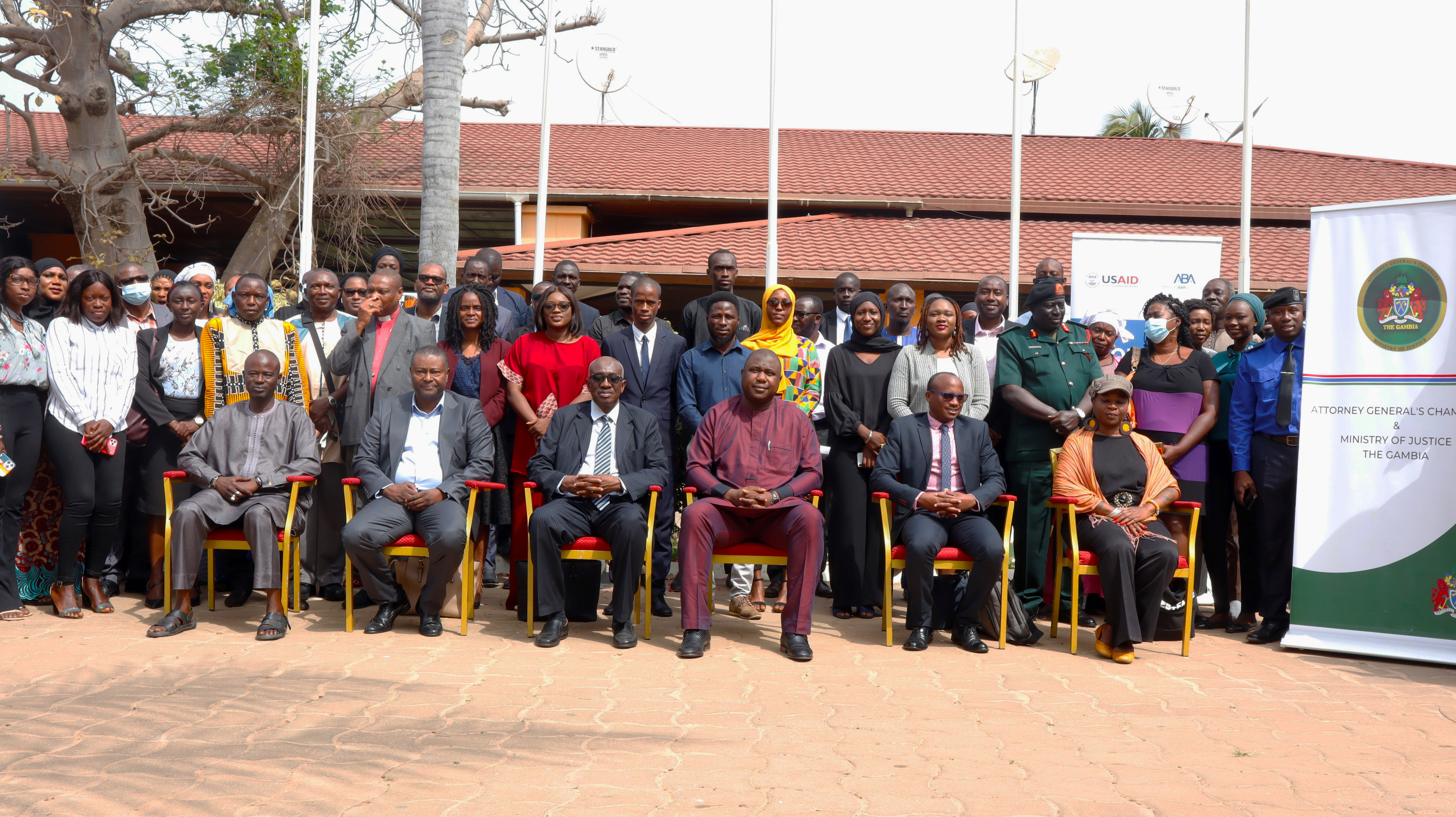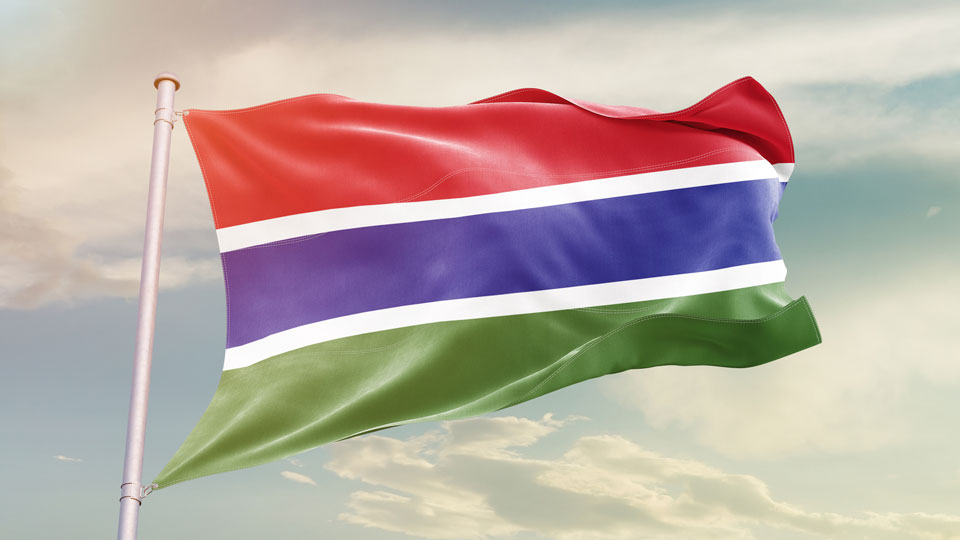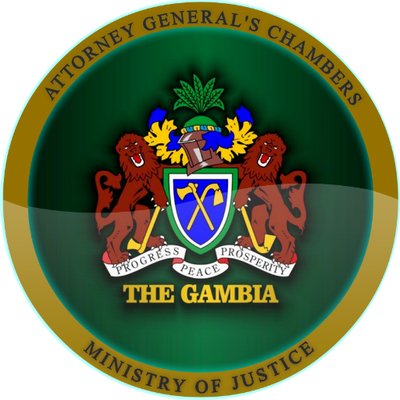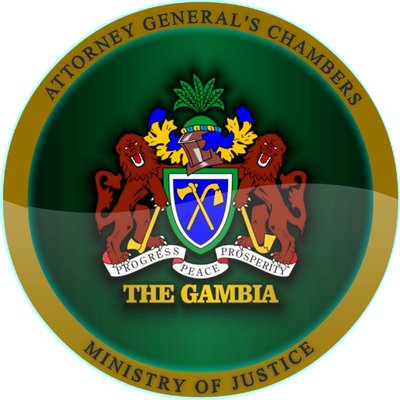
AG Chambers Organizes National Discussion on TRRC Report
By Musa Saho
The Attorney General’s Chambers and Ministry of Justice with support from partners such as American Bar Association and the International Center for Transitional Justice, on Monday, 9th May, 2022 organized a three-day national discussion on the Truth Reconciliation and Reparation Commission’s report geared towards dispelling misconceptions on the TRRC’s implementation process at a ceremony held at the Kairaba Beach Hotel in Bijilo.
The national discussion was highly attended by representatives from the Judiciary of The Gambia, National Human Right Commission, American Bar Association, International Center for Transitional Justice, The Gambia Center for Victims of Human Rights Violation, the Civil Society Organizations’ among others.
In his opening remarks, Dawda A. Jallow, the Attorney General and Minister of Justice, reiterated government’s commitment to the implementation of the TRRC Report, adding that the convergence was among many other consultations that the Ministry is undertaking gear towards informing the whitepaper, which needs to be accompanied with an implementation strategy.
According to him, government wants the input of the participants on the recommendations of the TRRC Report. He added that, these inputs will help the government to determine how best to go about the implementation process.
“Pretty much is not whether the government should accept the recommendations or not. That is at the prerogative of the government. You the participants should assume that the government accepted this particular recommendation and your job is to advise the government on how to implement it and bring these recommendations into practice,” Hon. Jallow said.
He explained that, the intention of the government in this national discussion was to harvest as many ideas as possible, as government is aware of the fact that, as public servants, they do not have what it takes all and do not claim monopoly of knowledge or understanding of it all.
“The Gambia belongs to all of us, not only the people working in government. We are aware of the fact that, different people have been affected by what happened in the 22 years of the previous government and the level at which we are affected differs but notwithstanding, we have a nation to build, we have a nation that needs to reconcile, we have some people that needs to be accounted for what they have done and we have justice to serve,” said Minister Jallow.
Justice Minister Jallow added that, to ensure that all these issues are harness and implemented harmoniously, stakeholders need to work together and not be distracted a bit, rather focus on areas they agreed upon and forge ahead. He advised the participant to not wallow into argument to an extent that they completely disregard lot of things that needs their attention.
In his part, Emmanuel Joof, the Chairman of the National Human Rights Commission, applauded the government for taking this , which clearly demonstrates transparency and willingness from the side of the government to accommodate diverse views from wide range of stakeholders.
Chairman Joof added that he is hopeful that the consultation would enrich the outcome of the expected whitepaper and give this anticipated document the expected ownership.
He concluded by thanking government in its bid to restore democracy, adherence to the rule law and to address human rights violations and abuse of Jammeh’s regime and to avoid the re-occurrence of what happened and to ensure the consolidation of our new found democracy.
Priscialla Yagu Shalom Ciesay, representative from the CSO’s and Victims led organizations, commended the TRRC for a great job done and further urge all the stakeholders working on issues of Transitional Justice to work together to support the cries and calls of victims in order to ensure that the perpetrators of human right violations are brought to justice.
She added that the actors in transitional justice should ensure that the victim’s perspectives remain at the forefront of all their discussions.
“Victims have made it clear what they want. They want to see justice for the violations that they been subjected to, the human rights abuses, they want transparency, they want to ensure that there is no impunity and they also want reparations to take different forms and they want reconciliation,” she emphasized.
Another Speaker from the American Bar Association, Mr. Elysee Sindayigaya said, these conversations and the resulted outcomes is therefore envisage to inform part of the whitepaper in order to make the whitepaper as inclusive as it should be .
He added that the stakeholders’ expectation in regard to post TRRC remain high and resolute. He therefore, call on the government to address the perspective of the victims, address their needs and also implement the report in a timely, transparent and inclusive manner.
“We hope that this will pave a way for achieving justice particularly gender-based justice, which opened in great aspect in the transitional justice, stimulate healing and reconciliations and sustainable peace in the Gambia,” he concluded.




